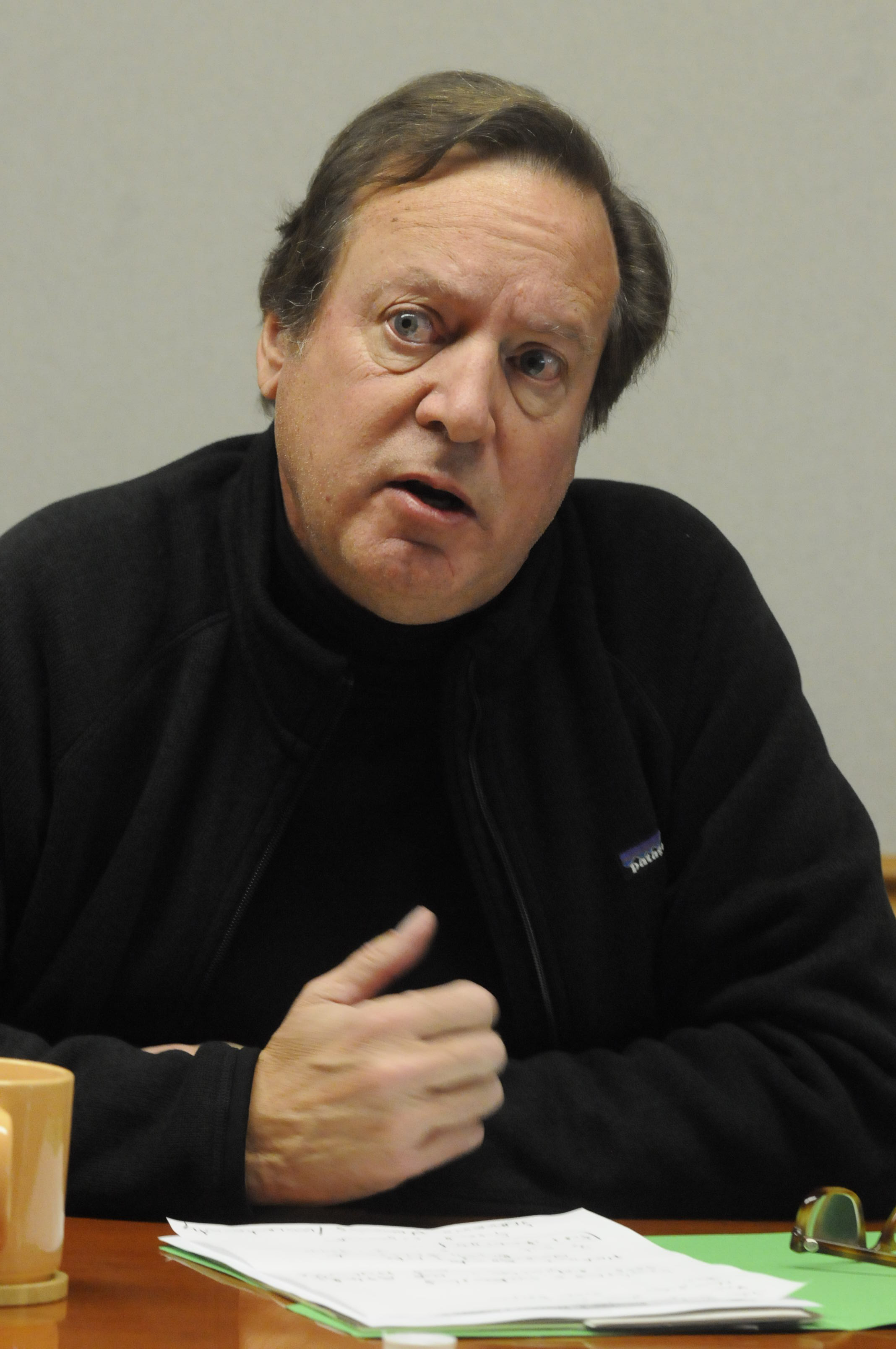IF YOU GO
Harvard planning professor Armando Carbonell will speak at UTC's Roland Hayes Auditorium today at 7 p.m. His address is free and open to the public.
An ambitious Chattanooga-area growth planning effort involving 16 counties over three states can avoid the pitfalls of turf wars, an expert said here Monday.
The aim is for officials to figure out how to create a regional benefit, said Armando Carbonell of the Lincoln Institute for Land Policy in Cambridge, Mass.
"It's always about a bigger pie," said the Harvard University professor.
Carbonell also said individual property rights can be maintained while crafting a growth blueprint for the tri-state area.
"There is a way to approach planning that protects property rights," he said in a meeting with Chattanooga Times Free Press editors and reporters. "Even in parts of the country more interested in property rights than here, people are thinking that maybe we could do better."
The regional planning effort, designed to cover growth over the next 40 years, is to examine areas such as transportation, work force, education, economic development and sustainability.
Stemming from the Chattanooga Area Chamber of Commerce's latest job-growth initiative, officials hope to garner a $2.5 million grant to join with over $2 million in local money to fund the effort.
J.Ed. Marston, the Chamber's vice president of marketing, said a key community meeting is upcoming Nov. 17 from 5:30-7 p.m. at the Chattanoogan hotel. That's where three groups of planners vying to oversee the program will make public presentations, he said.
Marston said a team will be hired with the aim of kicking off the effort in the first part of next year.
With the arrival of companies such as Volkswagen, Amazon and Wacker to the region, officials see a need for a long-range road map to avoid problems of overdevelopment while still spurring economic momentum.
Carbonell said the challenge is to create a habit of regional cooperation, and the first step is getting people together.
"A lot of fiscal challenges are facing local governments," he said. "It has sharpened the interest in trying to reduce costs by working more efficiently together."
The planner, who will speak at the University of Tennessee at Chattanooga today, said it's not always easy to convene regional leaders.
"In the long run, it's in the interest of all of us to have more efficient government," he said.
Also, it's important not to underestimate the private sector's role, Carbonell said.
"Planners know businesses like predictability and that government ought not to be arbitrary and surprise people," he said.
Carbonell said there are other places where such a road map to growth can work. He cited the Envision Utah effort that succeeded in drawing people together to think about the future and has had an impressive outcome, especially regarding transportation.
"Folks had an optimistic view of the future. That's more of the condition here," Carbonell said. "They wanted to build something. The place is having success and it wants to have more success."
He said successful planning identifies conditions that will best support a future people here want.

